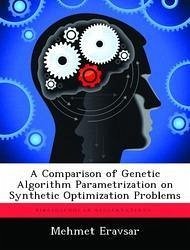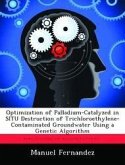Meta-heuristics have been deployed to solve many hard combinatorial and optimization problems. Parameterization of meta-heuristics is an important challenging aspect of meta-heuristic use since many of the features of these algorithms can not be explained theoretically. Experiences with Genetic Algorithms (GA) applied to Multidimensional Knapsack Problems (MKP) have shown that this class of algorithm is very sensitive to parameterization. Many studies use standard test problems, which provide a firm basis for study comparisons but ignore the effect of problem correlation structure. This thesis applies GA to MKP. A new random repair operator, which projects infeasible solutions into feasible region, is proposed. This GA application is tested with synthetic test problems, which map possible correlation structures as well as possible slackness settings. Effect of correlation structure on solution quality found both statistically and practically significant. Depending on the Response Surface Methodology design, proposed is a GA parameter setting which is robust in both solution quality and computation time.
Hinweis: Dieser Artikel kann nur an eine deutsche Lieferadresse ausgeliefert werden.
Hinweis: Dieser Artikel kann nur an eine deutsche Lieferadresse ausgeliefert werden.








